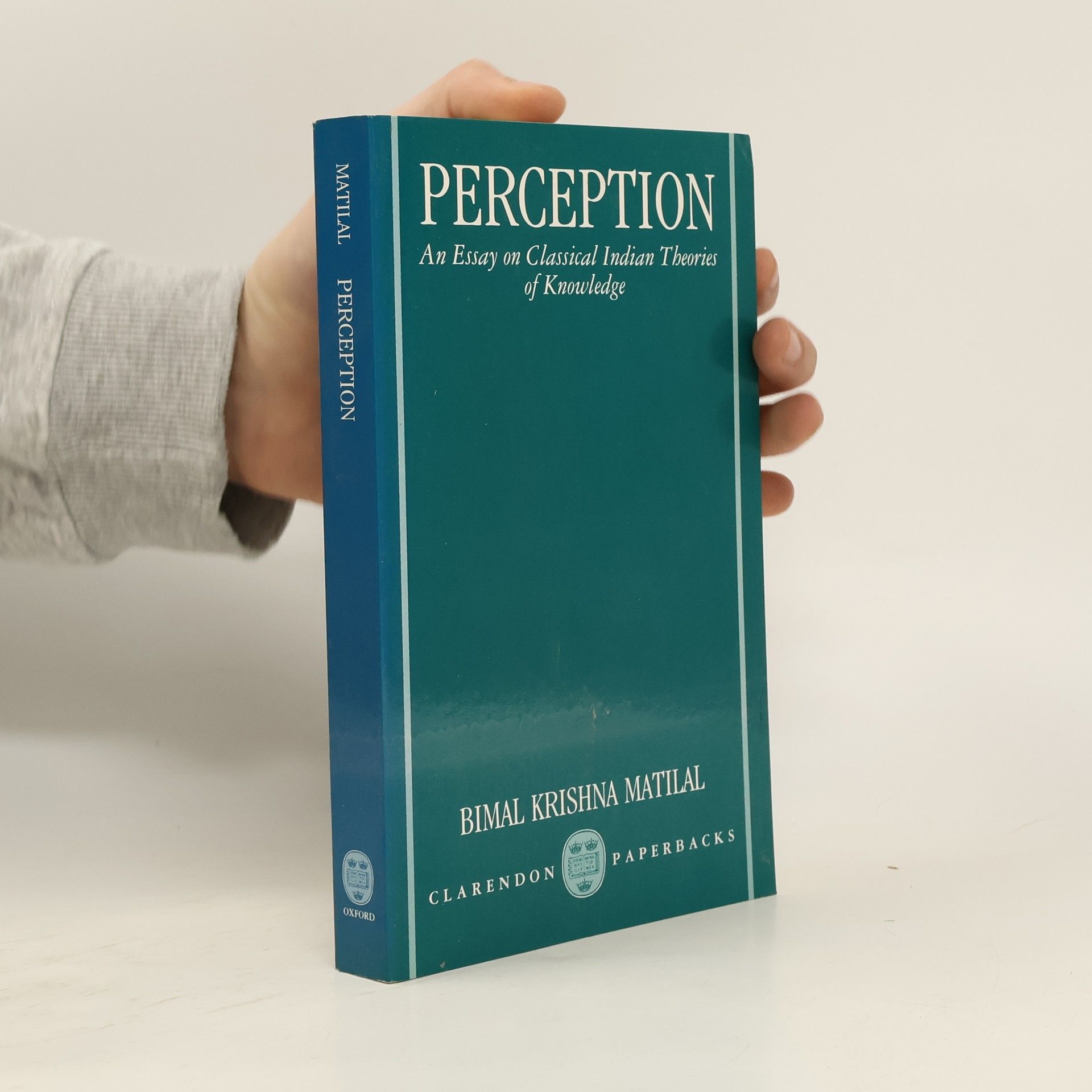This book is a defence of a form of realism which stands closest to that upheld by the Nyaya-Vaisesika school in classical India. The author presents the Nyaya view and critically examines it against that of its traditional opponent, the Buddhist version of phenomenalism and idealism. His reconstruction of Nyaya arguments meets not only traditional Buddhist objections but also those of modern sense-data representationalists. The dispute between the Buddhist and Nayaya schools of thought lasted over 12 centuries, and although Professor Matilal's approach is mainly historical, it is made in the belief that the philosophical issues raised by this dispute are universal, rather than simply traditional, and have a significant contribution to make to modern philosophical concerns.
Bimal Krishna Matilal Livres
